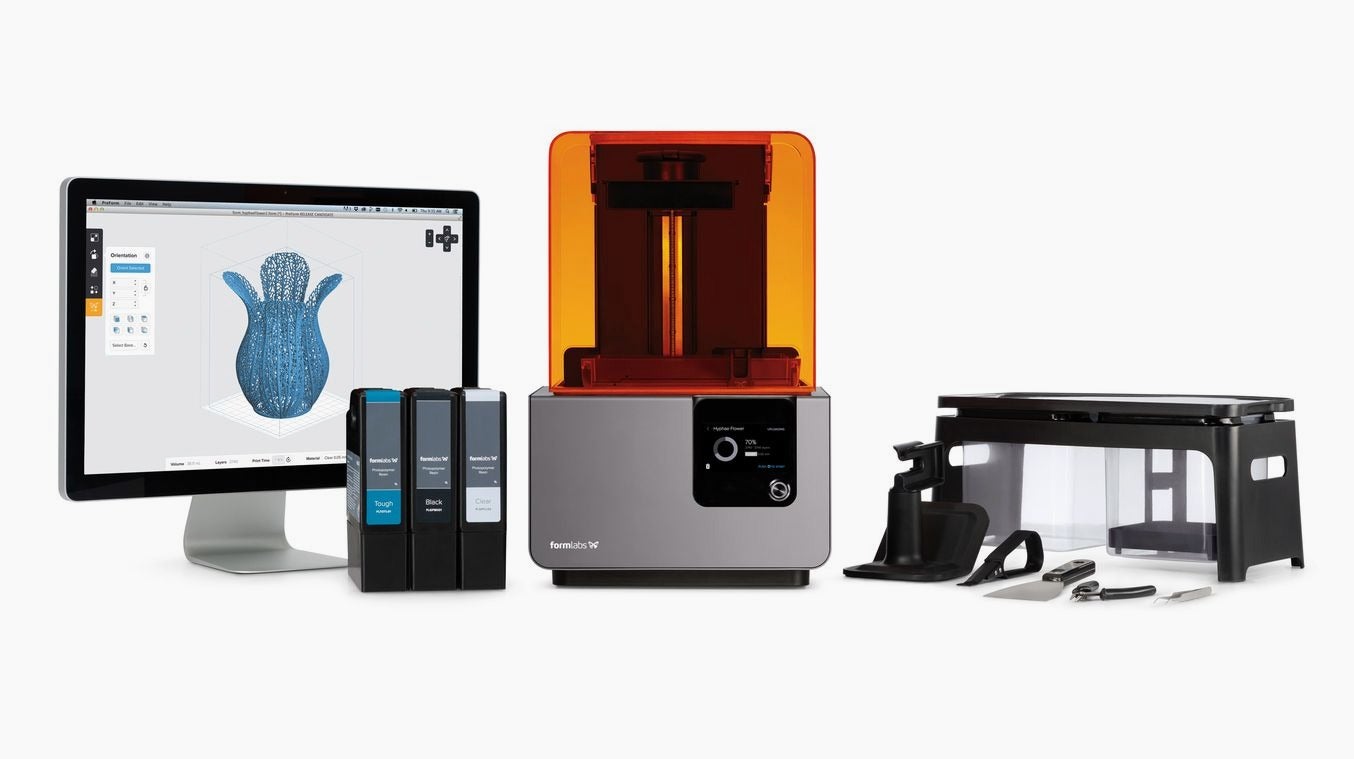3D printing has a future but it’s not in your home
In Silicon Valley, it’s notoriously hard to raise money for hardware products. Build hardware to help other people build hardware on the other hand, and it’s a different story.


In Silicon Valley, it’s notoriously hard to raise money for hardware products. Build hardware to help other people build hardware on the other hand, and it’s a different story.
In the first half of 2018, US-based 3D printing startups raised over $600 million—more than the money raised from 2012-2015 combined, according to data from Pitchbook. Formlabs, a startup that builds 3D printers for small businesses, announced $15 million in additional funding today (August 1). This brings Formlabs funding to date over $100 million and valuation over $1 billion.
Despite science fiction dreams of anyone printing anything from their home printer, 3D printers are still very much a product for professionals. Formlabs markets itself to dentists to build molds and jewelers to build casts. There are now three 3D printing “unicorns,” startups valued at over $1 billion, and all of them market their printers to businesses. Consumer-grade 3D printers, on the other hand, are still primarily used as play things—or at least for printing them.
Investors seem to agree. In the US, investors put more of their money—more often—into commercial 3D printing startups than into consumer-focused companies, according to Pitchbook data.
Formlabs, which spun out of the MIT Media Lab in 2011 and is based outside of Boston, raised nearly $3 million through a 2012 Kickstarter campaign. The challenge for 3D printing companies is offering technology that’s useful at a price that’s reasonable. At $3,350, Formlabs’ Form 2 printer is on the affordable end of the professional spectrum. Compare that to Carbon’s M2 printer, which sells subscriptions for $50,000 per year or Desktop Metal’s $120,000 Studio System, and you’ll see why Formlabs might be a good fit for small business owners.
Silicon Valley-based New Enterprise Associates led Formlabs’ latest round of funding. The company also announced the appointment of Jeff Immelt, former chairman and CEO of the General Electric, to its board.
Regardless of excitement from investors and some practical applications finally emerging, 3D printing still has a long way to go to live up to the hype. 3D printers—especially models for consumers—are slow, inaccurate and generally only print one material at a time. More small businesses may start using 3D printers, but don’t expect the one in your home office to be much more than a toy.